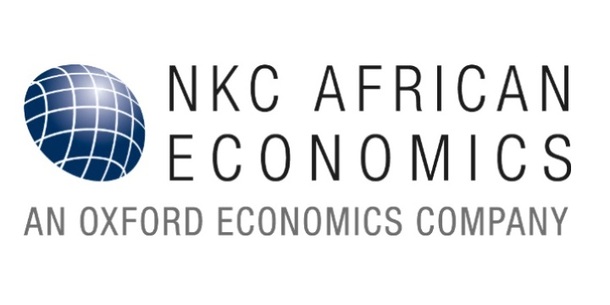
SWAPO’s bloody nose good news for democracy

By Oxford Economics.
Namibia’s presidential and parliamentary elections, held on 27 November, produced predictable outcomes as far as the winners were concerned. But, with victory margins for the ruling SWAPO slashed, it suggests the next elections will not be so predictable.
Incumbent President Hage Geingob won 56% of the vote as opposed to his 87% victory margin in 2014, while SWAPO has lost its two-thirds majority in Parliament, it secured 63 seats out of 96, down from 77 last time. Turnout was 61.1% down sharply from 72% in 2014.
The poor outcome for SWAPO in thin turnout reflects popular discontent over a series of corruption scandals and government’s reaction to a prolonged drought. It also reflects a growing backlash against what local media have described as a party and a presidency that have become less accountable and far more autocratic in their governance and relationships with the people. While the effect has been most notable on Mr Geingob’s support, his party suffered, too.
The number of opposition parties to win seats in Parliament is another indicator of an electorate looking for ideas and policies to support. While the main opposition Popular Democratic Movement (PDM) won 16 seats with 17% of the vote, no fewer than 10 opposition parties won at least one seat.
An independent candidate who still claims to be a member of SWAPO, Panduleni Itula, polled second best in the presidential race with 30% of the vote. This is a massive increase over previous presidential candidates who were thrashed by SWAPO’s flag-bearers, in 2014, the runner-up, MacHenry Venaani from the PDM, only got 5.0% of the vote, but got 5.6% this year, a much lower score than what his party achieved.
There were complaints over the conduct of the poll. The use of electronic voting machines (EVMs) raised more suspicions than it should have, with the Electoral Commission of Namibia (ECN) attempting to cover up a number of incidents, including one where EVMs went mission.
While many of the complaints appear to be justified, there is no suggestion that the outcome of the poll was not a legitimate and credible representation of the will of the people. Observer missions expressed general satisfaction with the process.
Mr Geingob said after the announcement of the results that he was ‘a proud Namibian that we could have free and fair elections, no fighting, no attacking each other, free movement was allowed’.
It is more positive than negative that SWAPO and its presidential candidate received something of a bloody nose from the electorate, who clearly sent their leaders a message. The liberation party’s position is less assured than at any other time in Namibia’s post-independence history of democracy, and the 2024 elections may be unpredictable.
The performance of the combined opposition was another positive, with a clear signal that despite the somewhat closed nature of the Namibian political environment under SWAPO in recent times, the opposition had sufficient space and freedom to organise and campaign. The two-thirds majority has never been a major issue in Namibia and the loss of that edge will have no impact on governance.










































